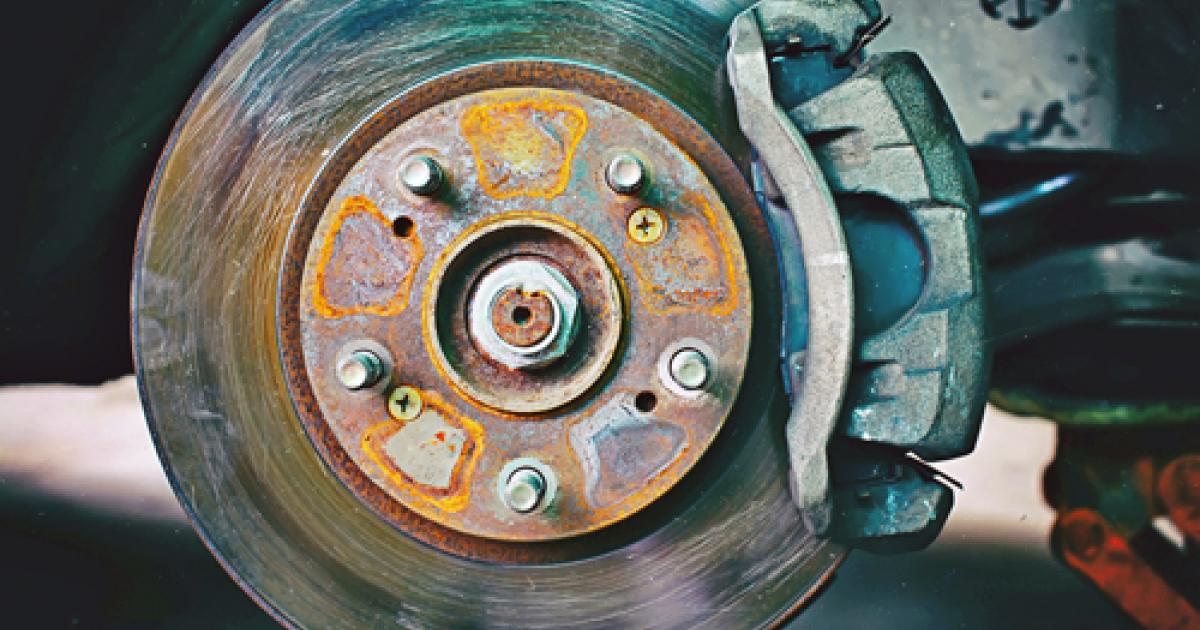It comes as no surprise that problems related to the braking system are some of the most common challenges facing vehicle owners. These systems have many parts that require replacement every couple of years due to wear and tear.
In the average brake system, pads, shoes, fluid, and rotors are the parts that demand the most frequent replacements. Issues related to the master cylinder, brake line, brake booster, wheel cylinders, and proportioning valve are far less common.
ABS Lights and Traction Control are On
When you see the ABS light and traction control light on, it means one or more of the systems that help your car stop or stay in control are not working.
First, perform a code check. In the event that these lights are showing, it means codes are set in the car’s computer. Many auto parts stores and repair shops will do a search on the code for free. Upon knowing what the code is pointing to, it will allow the narrowing down of possibilities.
Most times, the cause of brake problems is related to the vehicle’s sensors for wheel speed. Over time, they fail to produce accurate readings for the computer to tell exactly how fast the wheels are spinning. This disables the traction control system as well as the ABS system until the issue is resolved. Fortunately, replacing such speed sensors is not expensive.
Leaking Fluid
If the brake leaks fluid and seeps into the driver’s wheel well, it’s not uncommon to have the pedal go to the floor. Two things may be happening: a leaking caliper piston seal or a bad hose. Fortunately, both are easily replaceable.
Brake Pressure
Sometimes, even when replacing pads and with no noticeable loss of pressure, the brake can still blow a leak in the front of the hose. When the car is running, there is significant pressure on the pedal, but often when pressing down on it, it will immediately land on the floor. These are classic symptoms of air between the brake lines. Despite the fact a car owner does not typically need to bleed a master cylinder when replacing the brake line, it is possible to trap air inside of it.
To solve the issue, bleed the brakes, particularly those furthest from the master cylinder. Furthermore, when doing this, ensure the master cylinder is full of fluid. Open the valve and push the pedal down 5 times, holding it to the floor when subsequently closing the valve. This allows the air to seep out.
Replacement of brake pads is one of the easiest and best ways to resolve issues related to pressure. NRS Brakes is a manufacturer producing highly reputable, galvanized brake pads for both the front and the rear. Customers can select their make/model and have the exact brake pad for their vehicle. Furthermore, the products are offered at the most unbeatable prices.
You may also like
-
Fleet Vehicles: Why Maintenance Cuts Fuel Use
-
Corrosion Prevention for Car Hood Undersides: Shielding Your Investment
-
How to Choose the Right Vehicle for Your Needs
-
How Much Does It Cost to Design a Vehicle Wrap? A Complete Breakdown for Businesses and Creatives
-
How Moisture Affects the Longevity of Your Car’s Wiring Harness

